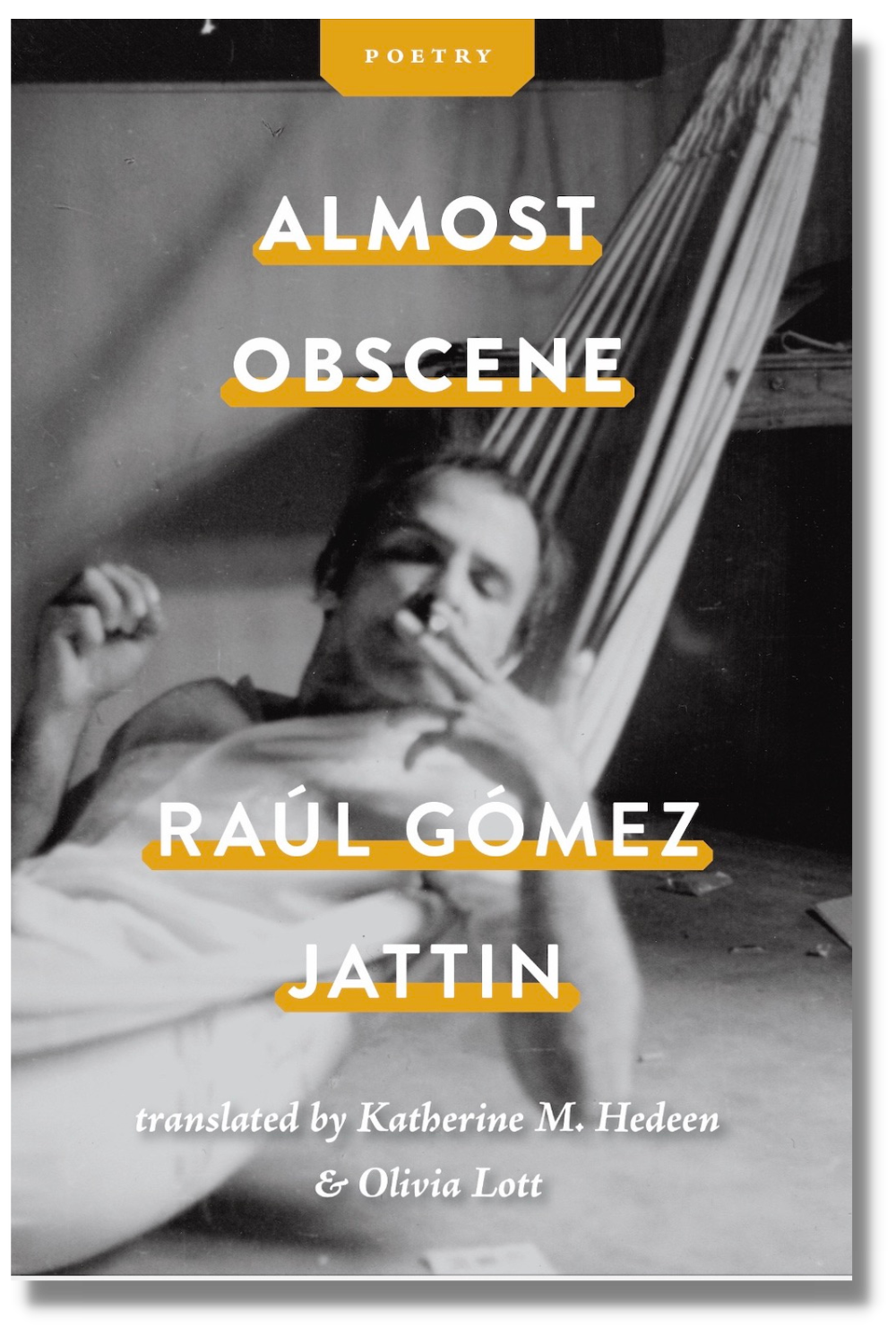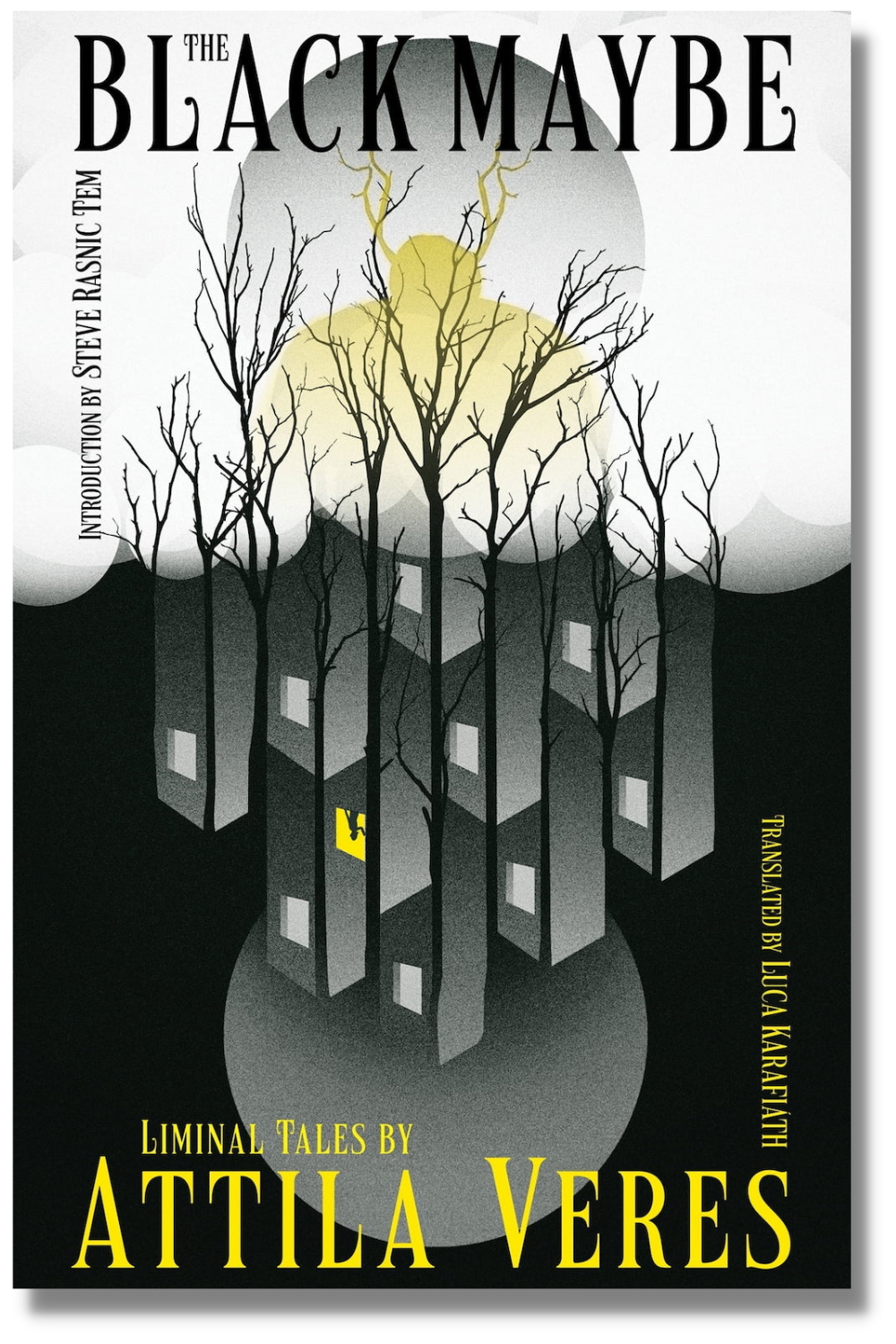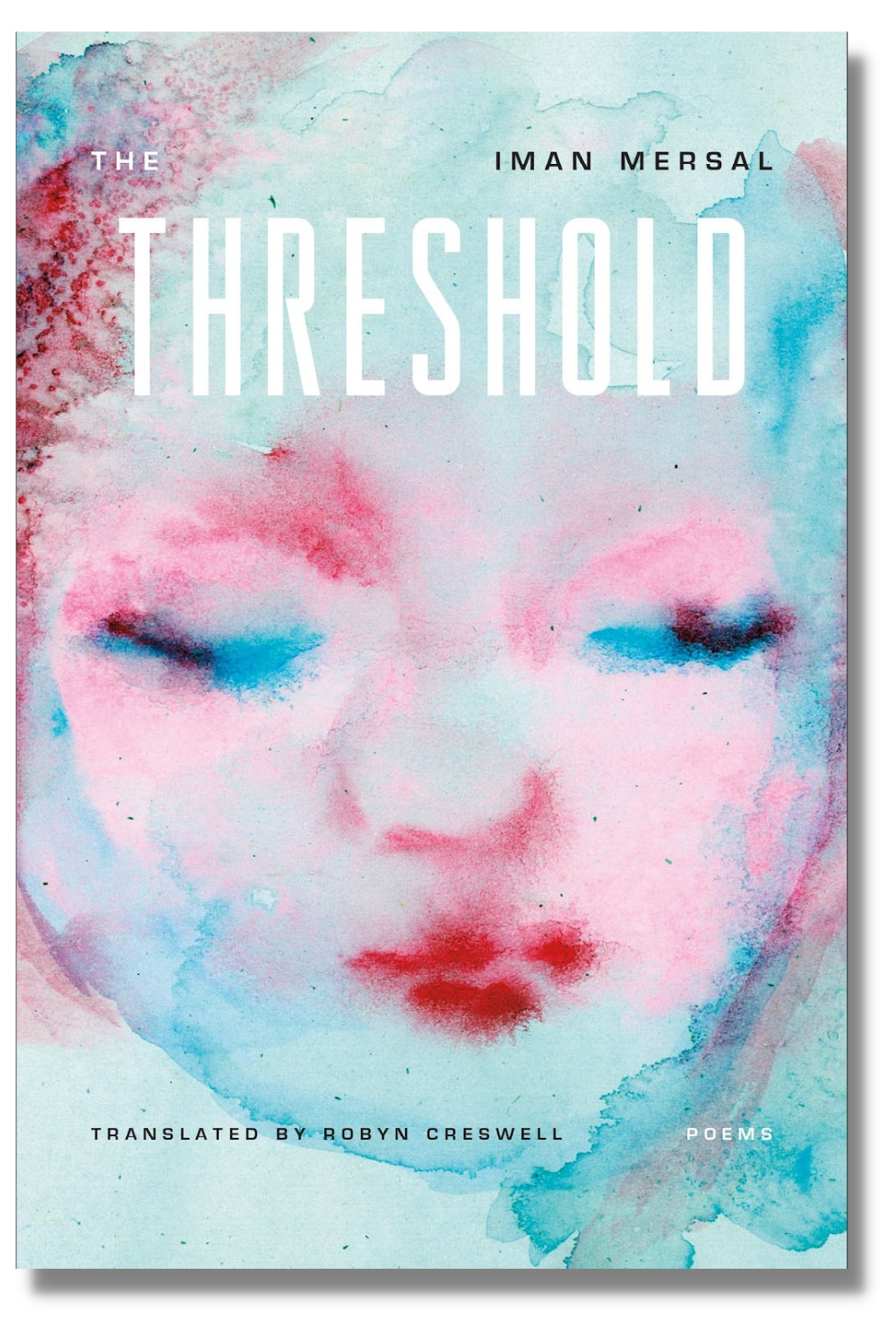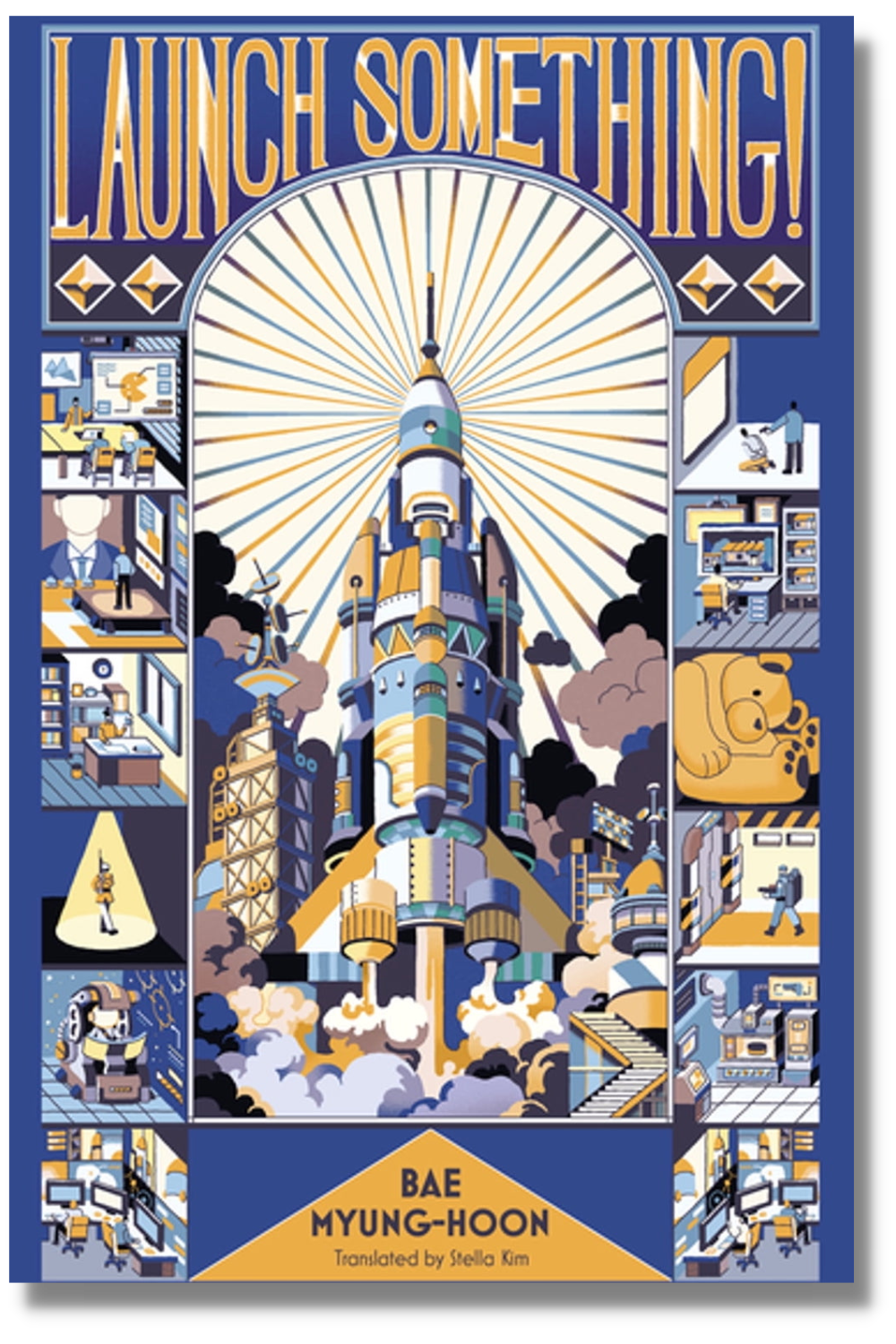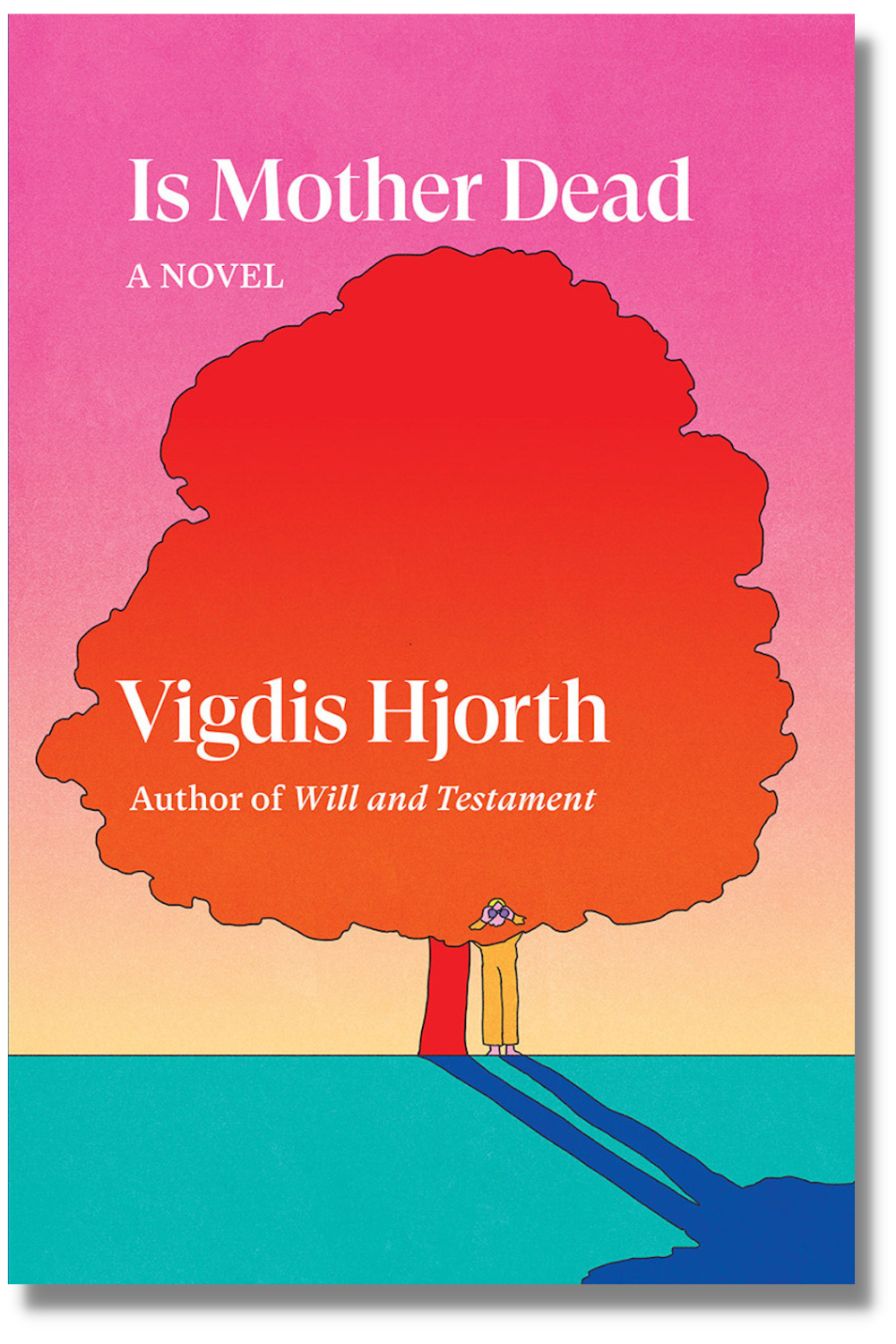From Two Lines Press | Hugs and Cuddles by João Gilberto Noll, translated from the Portuguese by Edgar Garbelotto | Fiction | 240 pages | ISBN 9781949641387 | US$14.95
What the publisher says: “After abandoning his traditional life in a deteriorating Porto Alegre, the narrator of Hugs and Cuddles zealously recommits himself to a man he calls ‘the engineer,’ a childhood friend with whom he shared a pivotal sexual encounter. Many years have passed since their prepubescent wrestling; everywhere around them is a nation in decline.”
What Publishers Weekly says: “The author creates a dizzying, hallucinatory effect as João undergoes a series of wild transformations. In the end, Noll (1946–2017) transcends erotica for a memorable story of an attempt at liberation.”
What I say: Reading the novels of João Gilberto Noll that have been translated into English thus far, one finds a few elements in common—especially a fluidity when it comes to gender, sexuality, and location. With that in mind, Hugs and Cuddles might be the most João Gilberto Noll title to be translated yet. Plenty of novels open with a narrator looking back on a seismic incident from their youth, but very few of them take things to the place where Noll ends this particular book—a dizzying study in transformation and intimacy.
From Cleveland State University Poetry Center | Almost Obscene by Raúl Gómez Jattin, translated from the Spanish by Katherine M. Hedeen and Olivia Lott | Poetry | 132 pages | ISBN 9781734816761 | US$18.00
What the publisher says: “Almost Obscene is Gómez Jattin’s English-language debut. It includes work culled from his sporadic chapbooks, written from 1980–1997, showcasing a jaggedness of tone, approach, and mind space—precisely the unpredictability that made Gómez Jattin an uncomfortable presence within mainstream Colombian literary circles.”
What Oliver Baez Bendorf says: “Almost Obscene assembles a queer companionship of rag doll children, papier-mâché lovers, the Sinú River, and most of all poetry itself, a ‘dangerous ceremony’ Gómez Jattin chose to attend. I cannot wait to return over and over again to this open field, noisy with sorrow and joy, under constellations shaped by his divergent lines.”
What I say: “His lips will hurt from having kissed so much / His eyes will burn like glowing cigarette ends / The poem won’t reveal his tears.” In Gómez Jattin’s poems, existence itself abounds with challenges, and the world is home to both transcendent moments and scenes of unspeakable cruelty. What makes these poems stand out is the elliptical, lyrical language used, which lends them all a visceral yet ephemeral quality.
From Valancourt Books | The Black Maybe: Liminal Tales by Attila Veres, translated from the Hungarian by Luca Karafiáth | Fiction | 310 pages | ISBN 9781954321700 | US$18.99
What the publisher says: “Every so often a new horror writer bursts onto the scene with a book that is so dazzlingly original, so bone-chillingly terrifying, that it instantly alters the landscape of contemporary horror fiction. Hungarian author Attila Veres’s debut collection The Black Maybe is one of those books.”
What Publishers Weekly says: “The 10 macabre tales that make up Veres’s English-language debut stake their scares on their wildly unpredictable plots. All Veres’s stories begin in realistically grounded settings before veering unexpectedly into territory rife with unforeseeable and surreal menaces.”
What I say: The short stories collected here offer vastly different takes on unfamiliar horrors. From a plague affecting stuffed animals to a tourist expedition into eldritch realms, Veres’s concepts are bold, and the imagery that populates these stories is the stuff of nightmares (sometimes literally).
From Farrar, Straus and Giroux | The Threshold by Iman Mersal, translated from the Arabic by Robyn Creswell | Poetry | 128 pages | ISBN 9780374604271 | US$26.00
What the publisher says: “Iman Mersal is Egypt’s—indeed, the Arab world’s—great outsider poet. Over the past three decades, she has crafted a voice that is ferocious and tender, street-smart and vulnerable. Her early work captures the energies of Cairo’s legendary literary bohème, a home for ‘Lovers of cheap weed and awkward confessions / Anti-State agitators’ and ‘People like me.’”
What Arablit says: “This long-awaited collection brings together poems from Mersal’s four extant books of poetry. They are in English translations that, Creswell writes in his introduction, were worked and reworked over many smoky Skype calls, until their tense, storytelling musicality finally evoked the feeling of entering Mersal’s world in Arabic.”
What I say: Robyn Creswell’s introduction to The Threshold offers an excellent primer on the literary history that informed Iman Mersal’s poetic style and the sociopolitical history that influenced the poems’ genesis. “Translations, like hot air, tend to expand, but Mersal’s distinctive tone of voice is economical and even, at times, austere,” Creswell writes, establishing the compact power of the works to follow.
From Honford Star | Launch Something! by Bae Myung-Hoon, translated from the Korean by Stella Kim | Fiction | 368 pages | ISBN 9781739822545 | UK£11.99
What the publisher says: “Earth is experiencing a sweltering heat wave caused by a second ‘sun’—a shining object in the sky that either looks like Pac-Man or a pizza missing a slice, depending on who you ask. As this object increases in size and risks making Earth uninhabitable, the Korean government decides it has to do its part and help the US-led Allied Space Force.”
What I say: Conceptually speaking, Launch Something! is set up like a science fictional disaster narrative, with an unlikely group of characters brought together to address a threat that could destroy the entire planet. The novel’s tone, however, is overtly satirical, making for moments of deadpan humor in the midst of this near-future adventure.
From Verso Books | Is Mother Dead by Vigdis Hjorth, translated from the Norwegian by Charlotte Barslund | Fiction | 352 pages | ISBN 9781839764318 | US$26.95
What the publisher says: “‘To mother is to murder, or close enough,’ thinks Johanna, as she looks at the spelling of the two words in Norwegian. She’s recently widowed and back in Oslo after a long absence as she prepares for a retrospective of her art. The subject of her work is motherhood, and some of her more controversial paintings have brought about a dramatic rift between parent and child.”
What Foreword Reviews says: “At first, Johanna seems like an ordinary woman with reasonable questions about the family who tried to mold her in their image, and who then rejected her for rejecting them. Over time, her preoccupation with her estranged family grows, driving her to extreme, invasive measures. Her obsession propels the story toward its tense conclusion.”
What I say: Vigdis Hjorth’s Is Mother Dead overflows with contrasts in both its structure and its language. Some sections are stark and only a line or two long; other sentences are long and winding, helping to demonstrate the narrator’s conflicted perspectives on art, family, and her own fraught relationship with her relatives. The result is a jarring and immersive trip into the protagonist’s mind—and the difficult decisions she has to reckon with.
Copyright © 2022 Tobias Carroll. All rights reserved.
Looking for more reading suggestions? Check out Tobias Carroll’s recommendations from last month.
Disclosure: Words Without Borders is an affiliate of Bookshop.org and will earn a commission if you use the links above to make a purchase.










